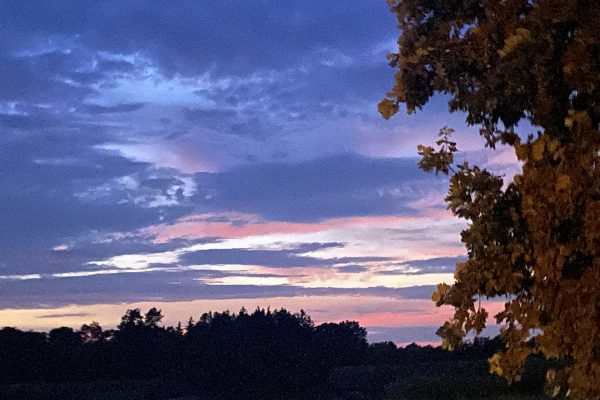Before we drink, we ponder
Should we drink enough, as Rava taught,
To be left unable to tell the difference between
Cursed be Haman and Blessed be Mordechai?
Or should we drink,
As our turbaned teacher Maimonides
Instructs, “Don’t be stupid or wild,” just enough
To rejoice, to fall drunk, into deep illusive sleep?
Pray, please, we don’t drink enough
To act as Rabbah did with Reb Zeira.
The holy books record, Rabbah drank so much
He cut the throat of his companion. Talmudic yikes!
Rather, drink not to be unsteady
Drink only to be Purim ready
Lift your glasses high and higher
Peering over your fruited rim
Glimpse another’s shining light, pointing,
Cajoling toward the ascending way
Clink your fragile glasses, ping,
Release each other’s unbreakable spirit.
Sip to lighten, to float above our trials,
Buoyed yet tethered, drink to go high and higher,
Way up there, commanded, inspired, entwined,
Happily, joyously, we choose: “To Life: L’chaim!”
References
Babylonian Talmud, Megillah 7b
Mishneh Torah, Hil. Yom Tov 6:20
Mishneh Torah, Hil. Megillah ve-Chanukah 2:15
Deuteronomy 30:20











